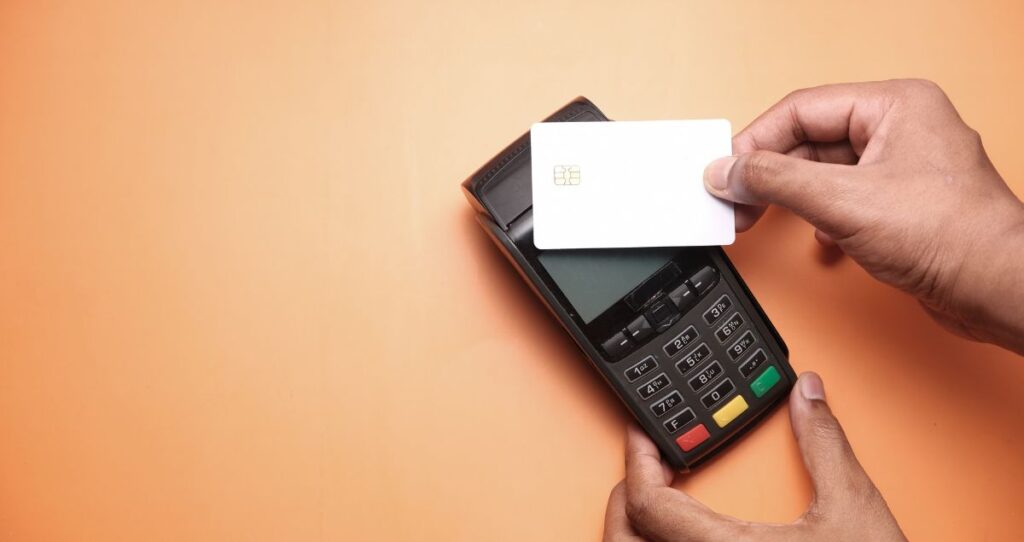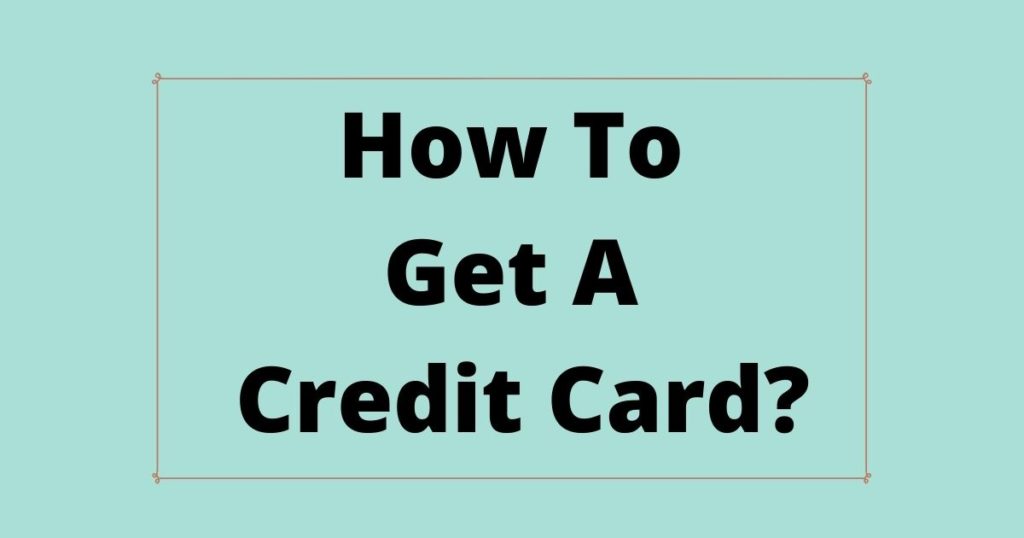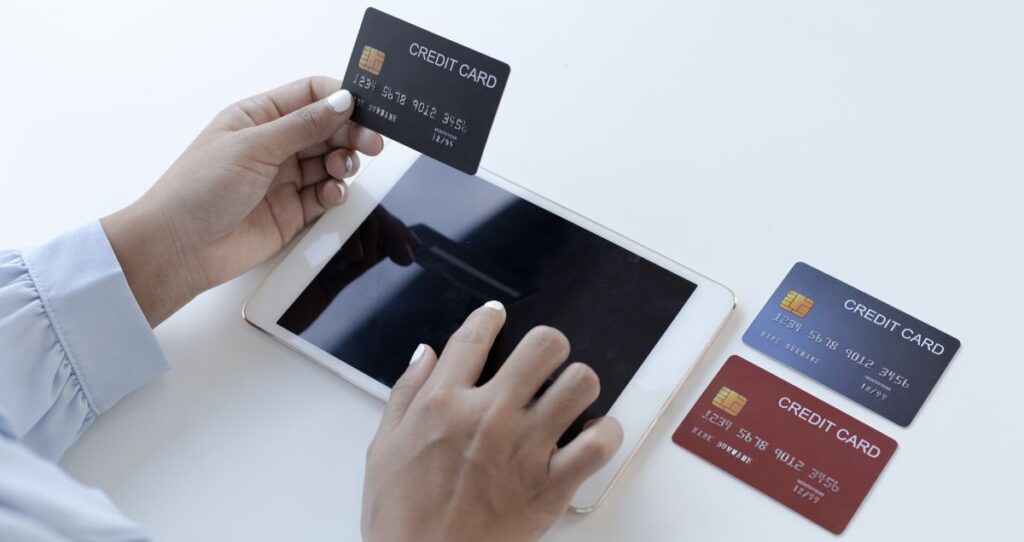Are you struggling with your credit card debts and have nowhere to turn? Before you give up on your debts and have your assets seized, you still have a few options to consider. An effective way to turn your situation around is to negotiate your credit card debt with your credit card issuer. You will either qualify for a payment agreement, hardship program, or lump sum payment. It will all depend on your unique financial situation. For example, if you just lost your job, your credit card issuer might let you pay a portion of your required monthly minimum payment until you land a new job.
The risks of not paying off your debts or not negotiating for better terms are immense. For example, you might end up in default and your accounts can move into collections. In this state, things will get a little bit complicated due to some collection agencies who will chase you around. That is why the best course of action is to negotiate your credit card debt when you realize there is a possibility to fall behind on your payments. Even if your credit card debts are in default already, you can still negotiate for better terms as long as you are determined to turn your finances around. So, always negotiate your credit card debt with your lender before it is too late.
Being in default, collection, or having late payments on your credit reports will also hurt your credit and lower your credit score. Late payments will also stay on your credit reports for 7 years. As a result, many lenders will deny you credit, should you choose to borrow money in the near future.
Why should you negotiate your credit card debts?
Millions of people struggle with their credit card debts and sometimes give up on them. What they never realize is that most lenders are always willing to negotiate your credit card debt to prevent a default. No lender wants to deal with defaulted loans. If you are honest about your financial situation, the lender will be happy to modify the terms of your credit accounts. Negotiating your credit card debt helps you protect your credit, prevent you from financial stress, and keep your records in good shape.
When you negotiate your loans, you automatically mitigate the risks of defaulting on your loan or bankruptcy in the worst-case scenario. As a borrower, you should always know where you are heading financially and make decisions ahead of time. In case, you are finding it difficult to make your monthly payment, negotiate your credit card debt for a lower APR, reduced monthly payments, or favorable terms. You might not get everything you want, but any small cuts you get will give you financial relief.
In case things get out of hand and you end up in defaults, have charge-offs or late payments, etc, your credit score will take a hit. It could also take 7 years or more for some of these negative items to fall off your credit reports. So, the sooner you take matters into your own hands and negotiate your debt, the better.
How to negotiate your credit card debt?
There are three effective ways to negotiate your credit card debt. Depending on the lender, you might qualify for one or all of these options. When you think negotiating your debt is a path you are willing to take, contact your lender and see what you qualify for. One of the following options might work for you.
- Lump sum payment
- Hardship program
- Workout a payment agreement
Although some people suggest using a debt settlement agency to negotiate your debt on your behalf, this route might not be a good idea. Third-party companies chase profit and might not get you the best deal. This is why the best way to negotiate your credit card debt is to do it yourself.
1. Lump sum debt settlement option
The lender’s risks of losing money go higher when you start falling behind on your credit card debt payments. Having loans in default makes things much worse. That is why to minimize the risk of losing money, the lender might offer you a discount on your loan. That is your credit card issuer might agree to take a cut in exchange for one large lump sum payment.
For example, if you owe the lender $25,000 in credit card debts, your lender could agree to take $20,000 if you can pay it all at once. Lenders do not like to lose money. But, they would rather recover some of the money you owe them than waiting for the entire account balance. In addition, there is no assurance that you will be able to pay off all your debts.
Paying less than you owe, however, can result in a taxable event on your end. According to Credit Repair, when more than $600 is forgiven during a debt settlement, you pay income tax on the amount forgiven. From the example we used above, if your lender reports that you paid less than you owe to the Internal Revenue Service(IRS), you might be required to pay tax on the difference. That is you spent $25,000 but only paid $20,000. So, that $5,000 difference will be considered income. For this reason, you might end up paying tax on it.
When is a lump sum option good for you?
Paying off your credit card debt in a single payment can be a huge undertaking especially when you carry a large balance. Usually, companies use this method to balance their accounts. From an individual standpoint, this option might be harder. Unless, of course, you owe the lender a small amount and you have the needed cash to settle your accounts.
Using the lump sum debt settlement option when negotiating your credit card debt will be a good option in any of the following cases.
- You have the needed amount. If you have the needed funds, it is always a good idea to pay off your debts in full and be done with them. This will prevent you from paying interest, charges, and fees due to carrying your debts longer than necessary. In addition, it is easier to rebuild your credit when you are not struggling with debt.
- You are a business. Some businesses that have access to funds use this option to settle their accounts.
- Your lender is giving you a discount. Although you don’t have a huge amount of cash laying down; paying less than you owe when settling your debts can sometimes be tempting. Some lenders will accept less than you owe in an attempt to recover some of their losses. So, if you can afford to do so and you are given a discount, paying a lump sum when settling your debts will be a good option.
- You want to be done with it. Having credit card debts in default is both financially and emotionally challenging. The soon you can pay them off, the more relief you will get. So, if your main goal is to be done with your debts, then requesting a lump sum option when negotiating your credit card debt will be a smart idea.
2. Hardship program
In case you cannot negotiate credit card debts with a lump sum plan, request the hardship program. Again, your lender does not want to lose the money. Also, the longer you hold the loan without paying it off, the more expensive it becomes and the more money you and the lender lose. That is why most lenders agree to negotiate your credit card debt with you and come up with something that works for both of you.
During the hardship program, the lender might allow you to pay a portion of your minimum monthly payment or lower the interest rate.
For example, if you recently lost your job and find yourself behind on payments, your creditor could put you in a hardship program that works for you. Your lender would rather collect some of your payments over time than lose everything you owe. Some creditors only ask you to pay interest for a given number of months or simply lower your monthly payments. For example, if you recently experienced a medical bill, you might find it difficult to cover the bill and pay your monthly payments on the same income.
In this case, your lender can offer to lower your monthly payment. As long as you are honest and willing to work with your lender, the lender will also accept to work with you.
When is a hardship program good for you?
During your negotiation of credit card debt, you might qualify for lower interest rates or pay a portion of your minimum payments. This sweet deal, however, will not last forever. You will still need to figure out your finances before the program ends.
For this reason, the hardship program will be good for you only when you are facing temporary financial hardship. For example, if you recently lost your job, a hardship program can allow you to make some payments while looking for another job. After landing another job, you will easily afford your normal monthly payment and catch up on the amount you fell behind.
If you think you will not be able to recover from your financial setback faster, a hardship program might not offer the solution you need. There are situations where hardship programs last longer such as during the Covid-19 pandemic. But, in general, many hardship programs last for a few months.
3. Workout a payment agreement
In case you have a higher credit card balance and are more likely to default, your lender can work out a credit card debt payment agreement with you. The fact that you fell behind on your payments it is a great indication of a major shift in your finances. So, a different payment plan could be a great solution when negotiating your credit card debt.
Depending on your unique financial situation, your lender will work with you for payments you can afford. For example, the lender can agree to waive some of the fees related to your default and late payment charges. In case your income was further reduced, the lender can lower your interest rate. Your terms can also be changed to reflect your new income.
To stay on the safe side and avoid further complications, the new terms should be in writing. Some lenders put conditions in place that in case you fail to meet the new loan terms, your loan might be switched to the old terms and interest. Keep in mind that your lender is not obligated to adjust the terms of your loan or waive your fees and charges. But, it does not hurt to try.
How to avoid getting into credit card debt?
Although there are ways to negotiate your credit card debt, it is always a smart idea to not get into these debts in the first place. Prevention is always the best way to keep your finances intact. The following are tips you can use to not get into credit card debt.
- Pay your credit card balance on time. Paying your bills on time is always the best way to avoid credit card debt. Not only that on-time payments keep you in line with your credit card terms, but you also get an extra boost on your credit score. Late payments lead to fees and charges and affect your FICO score and VantageScores once reported on your credit reports.
- Never carry balances from month to month. When you carry balances on your credit cards, you end up paying interest charges. Most credit cards come with higher annual percentage rates(APRs). So, when you carry balances, higher interest charges grow your debt which makes them harder to pay off. For this reason, you can avoid credit debts by paying off your balances in full every month.
- Do not get too many credit cards. Too many credit cards increase your spending temptation. Why? Because the more credit cards you have, the higher your overall credit limit. To many people, it is harder to have a large line of credit sitting on their cards. So, they start shopping until they maxed out their credit cards. By getting fewer credit cards, you immediately control how much you spend.
- Avoid unnecessary balance transfers and cash advances. Balance transfers and cash advances are some of the costliest transactions you can make on your credit cards. Unless it is necessary, do not engage in a cash advance or balance transfer.
- Keep your credit utilization low. How much you spend on your credit cards compared to the available credit limit is your utilization rate. A higher utilization increases your credit card balances and makes it harder to pay them off. In addition, a higher credit utilization will lower your credit score.
- Understand the terms of your credit cards. Each credit card has its own terms. Understanding these terms will benefit you greatly. For example, if your credit card has a promotional period where you pay 0% APR, you must understand that once the period is over; you will pay interest on unpaid balances.
- Only use your credit cards on things you need. Use your credit cards for things you need. For things you want, only use credit cards when you have the cash to pay off your balance. Again, you don’t want to engage in a shopping frenzy and you later realize that you don’t have the cash to pay off your balances.
- Regulate who uses your credit cards. Most people get into credit card debt because they don’t manage them properly. Anyone at home grabs the card and starts swiping for random purchases. In case you have minor children or an adult who wants to use your credit card, make them authorized users of your credit card. This way, they will have some form of responsibility and you will monitor what they do. This way, you will know who uses your credit cards and regulate what they can and cannot purchase with your cards.
How to approach credit cards?
Credit cards can be a life-changing tool for many people when used properly. Not only that you can build a credit history and boost your credit score with credit cards, but, you can also save money on your purchases through perks that come with your cards such as cashback, bonuses, points, miles, etc. In case you are short on cash, credit cards can allow you to buy things you need while getting your finances together.
But, if you don’t use your credit cards properly, you can end up in a lifetime financial struggle. Millions of people are struggling with credit card debts and some are filing for bankruptcy.
So, how to properly approach credit cards and make sure that you stay on the safe side?
In order to use credit cards to your advantage, you need to change how you see and use credit cards. The following tips will come in handy when managing credit cards.
- Know why you need a credit card. The more certain you are as to why you need a credit card, the higher the chances that you will make better choices with it. Why do you need a credit card? Can you be OK using cash? What are you intending to do with your credit card? Are your spending habits too much that your cash can no longer sustain your lifestyle? Be honest with yourself when evaluating the need for a credit card.
- Apply for the right credit card. Applying for the right credit card is the first step to taking control of your finances. That is if you need to build credit, you can look into student credit cards, credit builder cards, and secured credit cards. If you want to travel, you can apply for mile credit cards or point credit cards.
- Don’t see credit cards as money ready to spend. Any balance you carry on your credit cards becomes a debt that must be paid with interest. Charges and fees may also apply. Excessive spending on your credit cards might result in credit card debts, destroy your credit, and lower your credit score. For this reason, credit cards are more like debt than money ready to spend.
- If you can’t control your spending habits switch to cash only. In case you are obsessed with spending, lock up your credit cards and use cash. It is easier to build credit from scratch than to rebuild bad credit or negotiate credit card debt.
How does credit card debt affect credit score?
Your credit utilization is the second biggest factor that affects your credit score. Having too many credit card debts and a higher credit utilization indicates that you have used up your credit limit. Hence, lowering your credit score. Keep in mind that the amount of debt you have across different credit accounts will also impact your score.
The credit utilization ratio affects your FICO score by 30% and 21% of your VantageScore. The higher your utilization ratio, the lower your credit score might go. Large credit card balances also will lead to paying higher interest charges on your balances.
Most lenders use your credit score to approve you for loans and estimate your interest rate. Having a lower credit score will result in a higher interest rate or a denial of your loan application. Too much credit card debt will also increase your Debt-to-income ratio which is another metric lenders use to estimate your creditworthiness. Some landlords, utility companies, phone companies, and many more use your credit score to give you a discount or approve your application.
In case you default on your credit card debt, the default will be reported to major credit reporting agencies. After receiving this negative information it will be reported on your credit reports and lower your credit score. The default mark will stay on your credit reports for 7 years. If you cannot pay off your debts your accounts might be sent to a collection agency. Some people also end up in bankruptcy which negatively affects their credit scores further.
The bottom line
The struggle with credit card debts is real and millions of people can relate. In case you have been trying to get out of credit card debt for a while but can’t figure out how don’t give up yet. You can negotiate your credit card debts for favorable terms. Maybe you lost an income or got a pay cut. Whatever the case, you can work with your credit card issuers for more affordable terms or a better payment structure. The most popular options in your case will include the lump sum payment, working out a payment plan, or a hardship program.
Your lender does not want your debt to be in default or let you declare bankruptcy. These financial events are costly for borrowers and lenders. That is why it is easy to negotiate credit card debt.
It is also important to use credit cards in the best way possible to avoid financial struggles. Preventing yourself from getting into credit card debt is easier than paying it off or negotiating better terms. So, make sure that every transaction on your credit card is planned for and avoid excessive borrowing. Living below your means is always the best way to take control of your finances.









